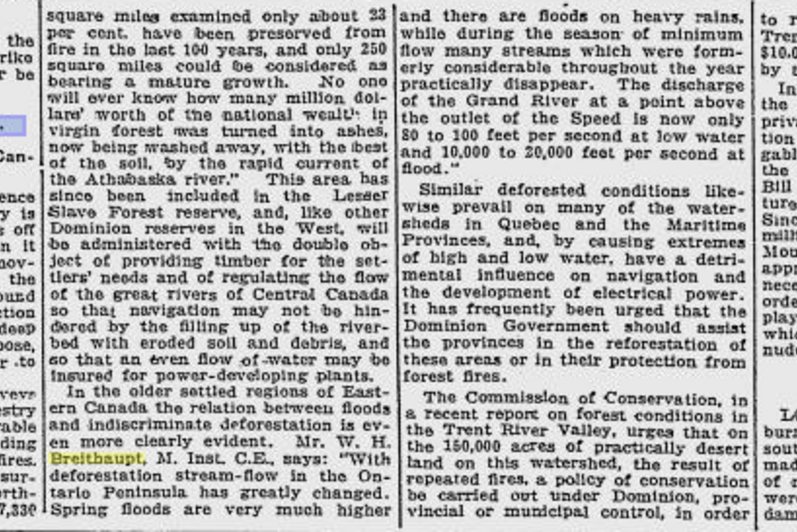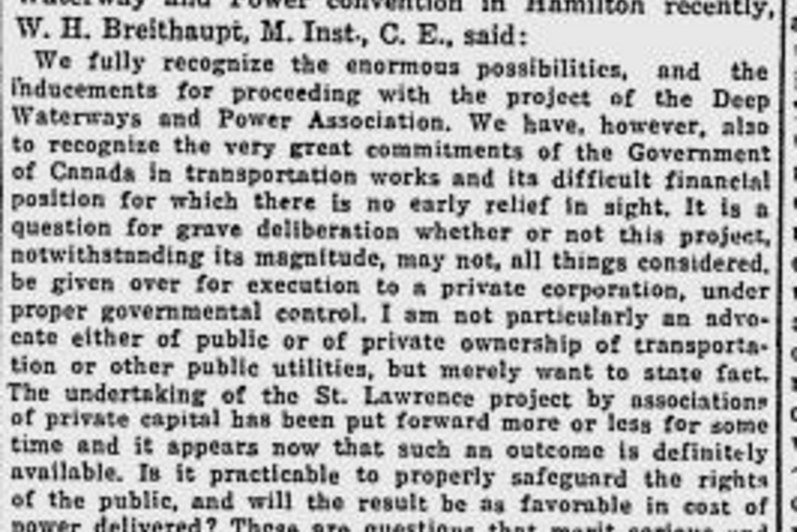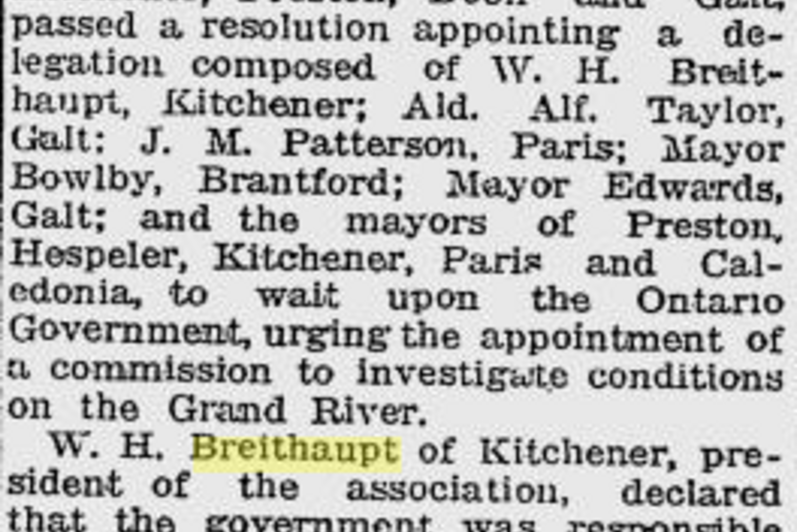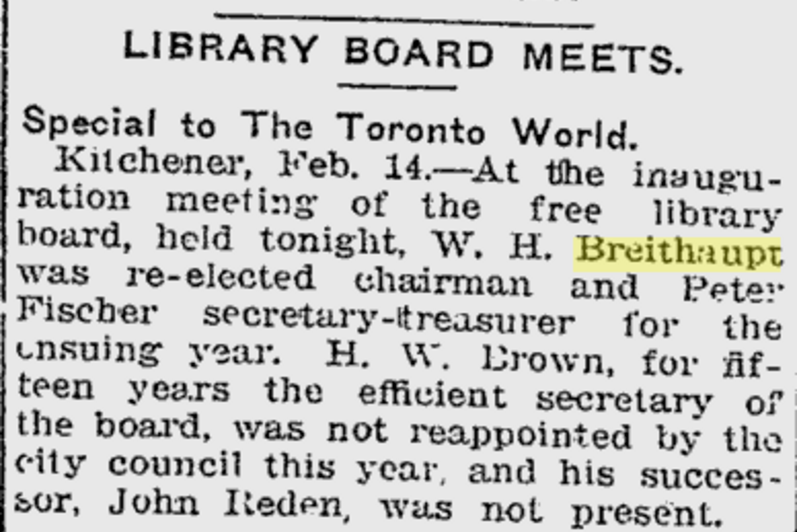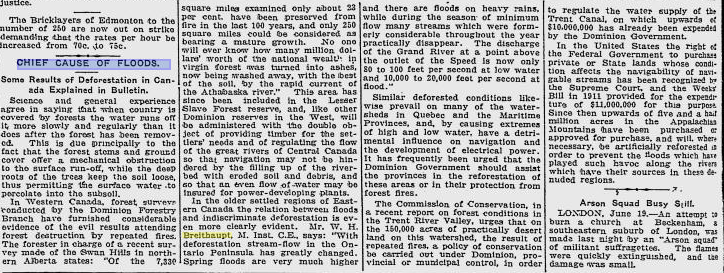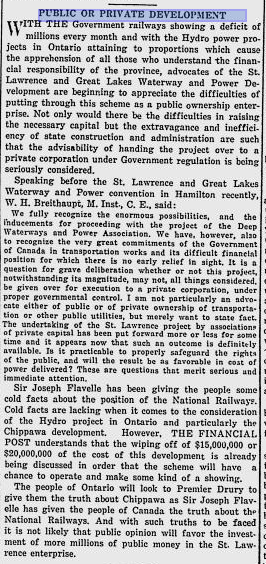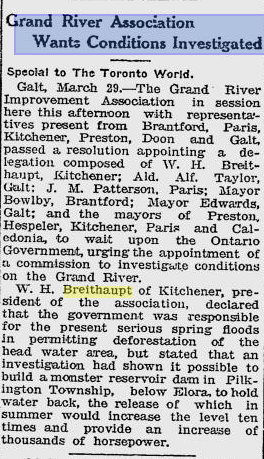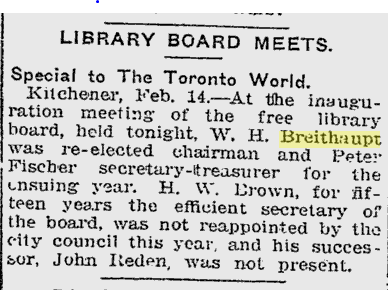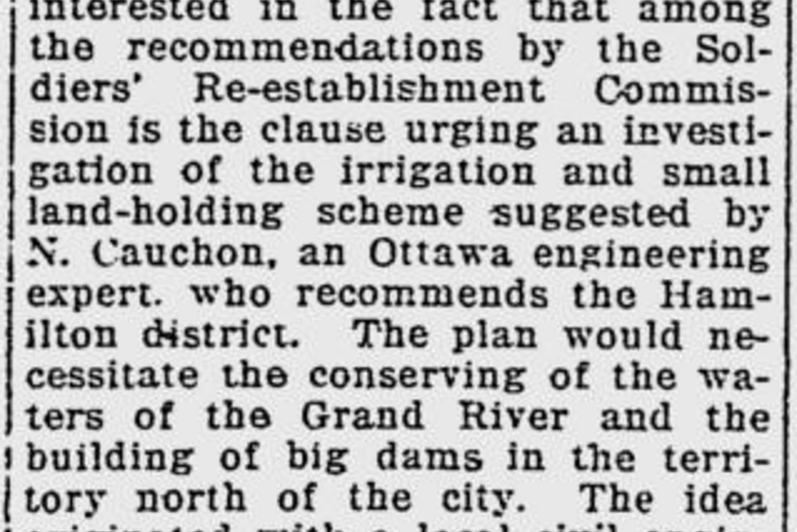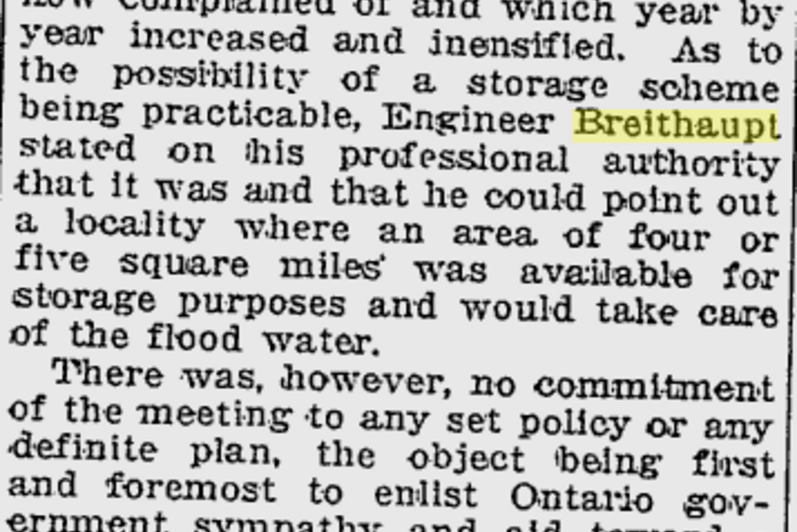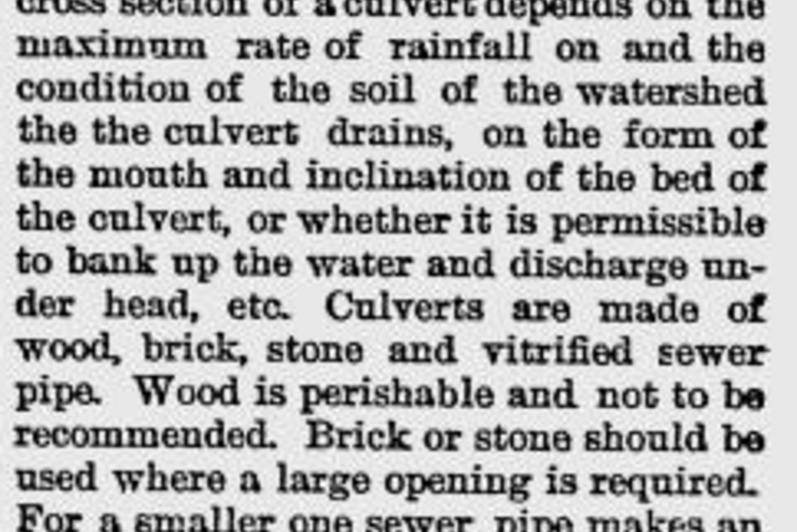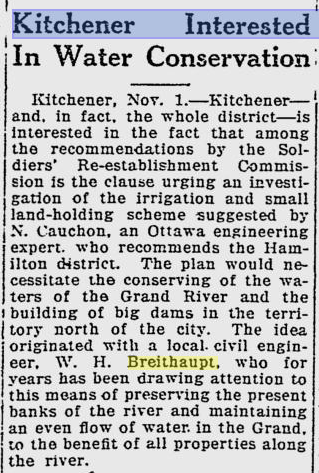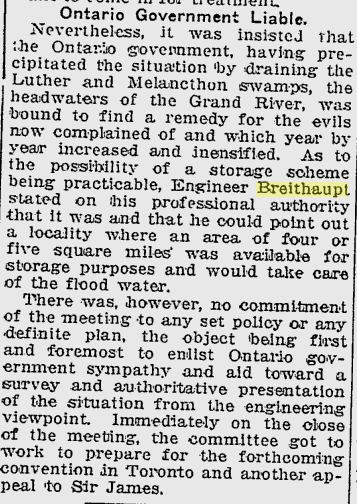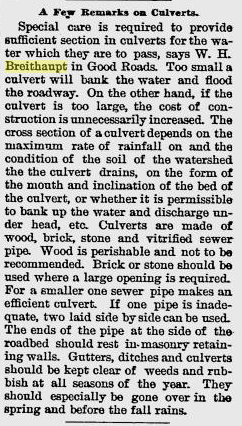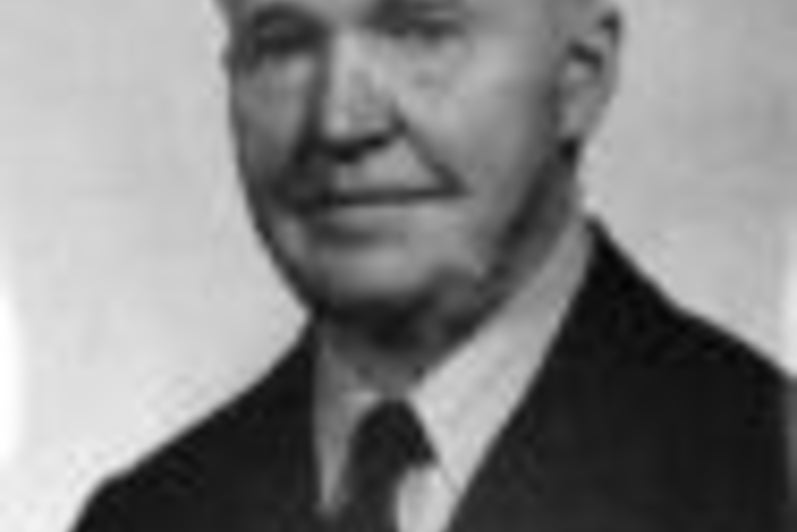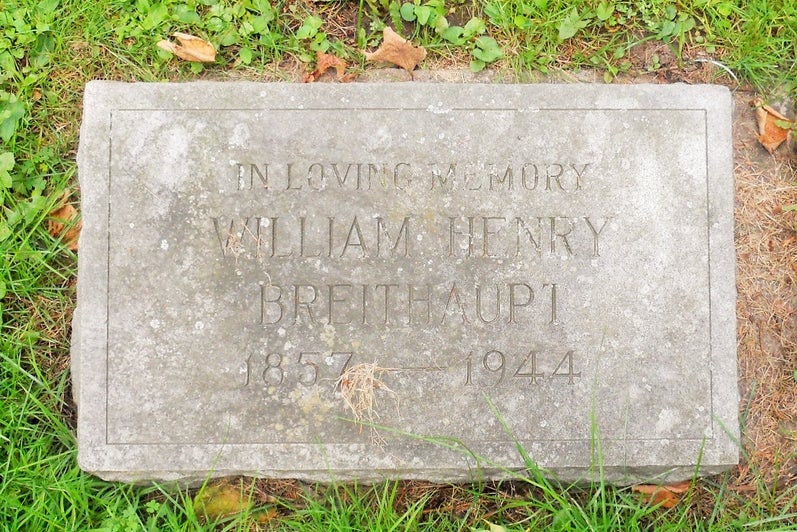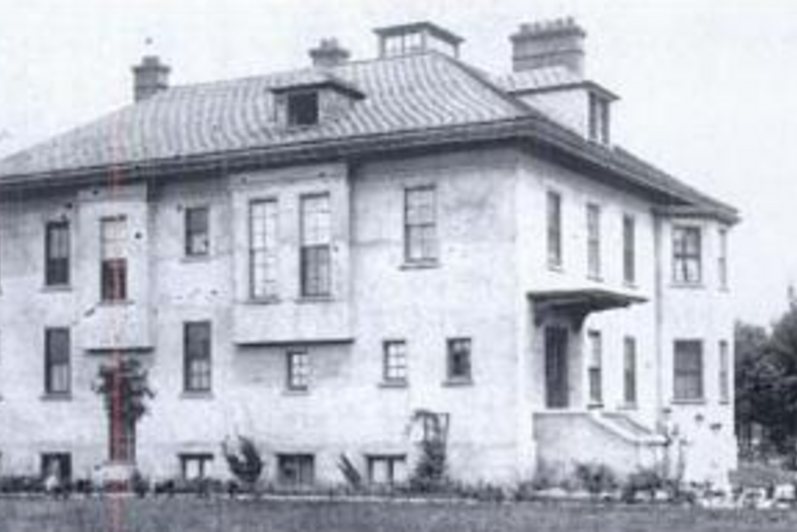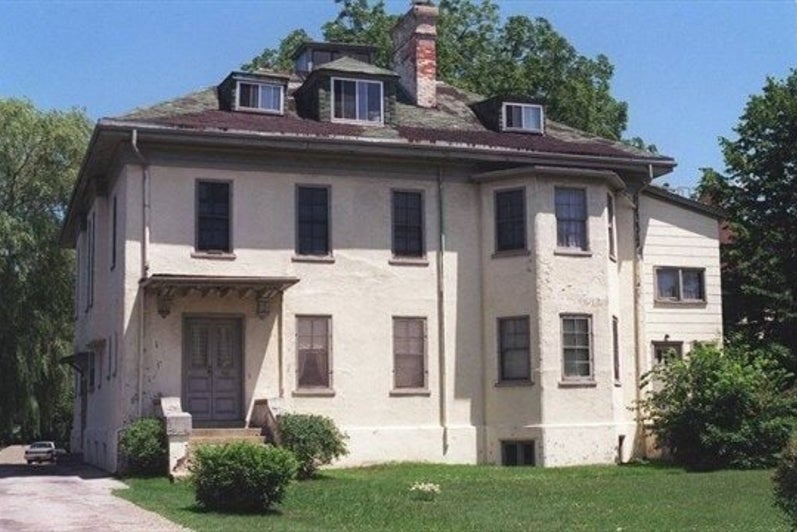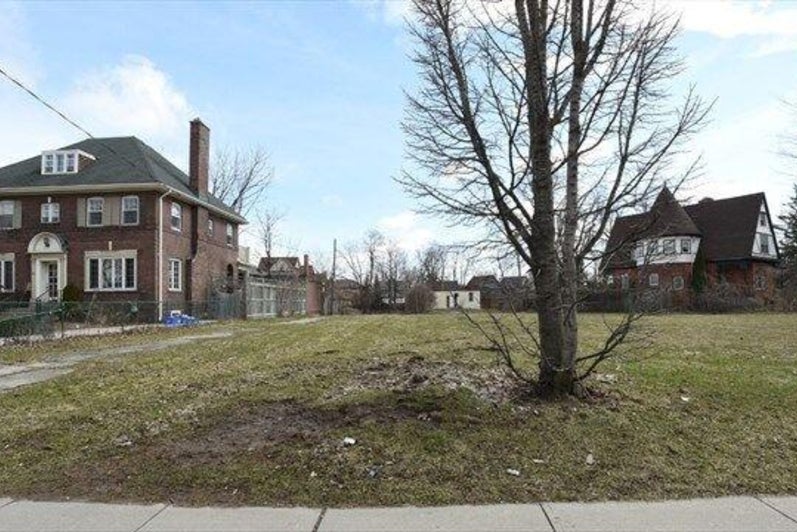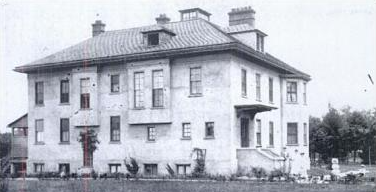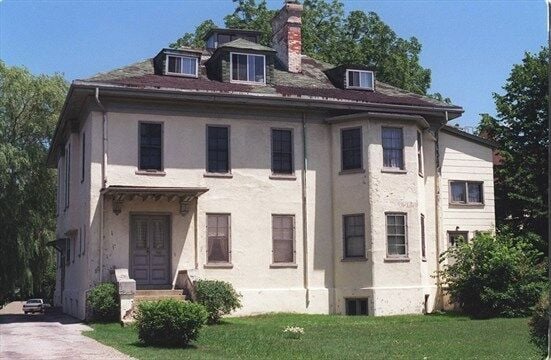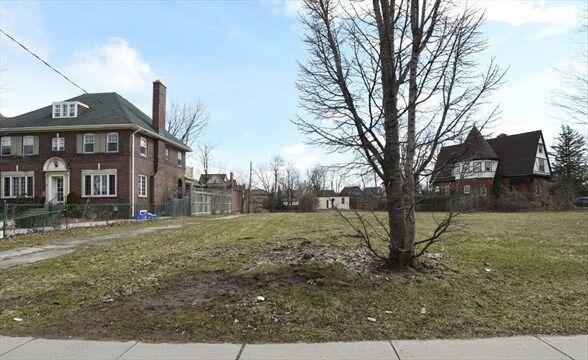William Henry Breithaupt stands as a pivotal figure in the history of Waterloo, Ontario. His life, marked by significant contributions as a civil engineer and community leader, reflects a deep commitment to the development and well-being of Kitchener Waterloo. This blog explores the enduring legacy of Breithaupt, highlighting his pivotal role in shaping the region's infrastructure, his advocacy for civic causes, and his lasting impact on the community. Join us as we delve into the life and achievements of this influential figure, whose contributions continue to resonate throughout Waterloo's rich historical narrative.
Early Life and Immigration
William Henry Breithaupt, also known as W.H. Breithaupt, was born January 25, 1857, in Buffalo, New York. His family, which consisted of his father (Philip Ludwig "Louis" Breithaupt), a German immigrant and eventual mayor of Berlin (renamed Kitchener in 1916 as a result of Canada’s participation in the First World War), his mother (Catharina Hailer Breithaupt), a Kitchener native herself, and his siblings all immigrated to Ontario Canada in 1862. They settled in Kitchener-Waterloo in 1871, officially becoming citizens the following year.
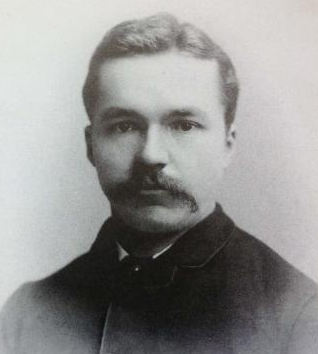
A young William Henry Breithaupt

William Henry Breithaupt pictured with his parents Louis Breithaupt and Catharine Hailer and siblings in 1876; Louis Jacob, William Henry, John Christian, Caroline Margaret Barbara, Melvina Emilia, Esra Carl, Albert Liborius, Catharina Louise, and Frederich Adolph
Schooling and Career
Breithaupt attended schools in Berlin, Northwestern College in Naperville, Illinois, and Rensselaer Polytechnic Institute in Troy, New York, where he earned a CE (Civil Engineering) degree in 1881. He began his career as a bridge inspector for the Pennsylvania Railway, gradually advancing his role. From 1886 to 1889, he served as a bridge engineer for the Chicago, Santa Fe, and California Railway, overseeing the construction of numerous bridges, which earned him the Sigma Xi scholastic honour at Rensselaer Polytechnic.
In 1900, Breithaupt returned to Berlin to take over the family interest with the Berlin and Waterloo Railway. By 1906, he became President of the Berlin and Waterloo Street Rail Company, where he made significant contributions to local transportation infrastructure. His leadership in expanding and modernizing the streetcar system played a crucial role in accommodating the region's rapid growth and enhancing urban mobility.
Throughout his career, Breithaupt was dedicated to advancing Kitchener's development. He played a key role in directing the modernization of the Kitchener public library and undertook notable achievements such as personally surveying the entire Grand River on foot. One of his lifelong dreams was fulfilled in 1942 with the formal opening of the Grand Valley Dam at Lake Belwood near Fergus, an accomplishment he passionately advocated for.
As a member of the Engineering Institute of Canada, Breithaupt demonstrated unwavering dedication to his profession and community. His pioneering efforts in flood control along the Grand River underscored his commitment to environmental sustainability and public welfare. William Henry Breithaupt's enduring legacy as a civic-minded engineer continues to benefit Kitchener-Waterloo through his visionary foresight and impactful initiatives.
Civic Advocacy and Legacy
Breithaupt's passion for history was not merely personal but also a driving force in his civic engagement. He was appointed as the first president of the Waterloo County Historical Society upon its establishment in 1912, a position he held for 12 years, demonstrating his active commitment to preserving and promoting local heritage. His influence expanded further as president of the Ontario Historical Society, where he continued to advocate for historical research and education. Throughout his tenure, Breithaupt earned acclaim as a leading authority on the history of Waterloo, significantly contributing to the region's historical narrative and fostering a deeper appreciation of its cultural roots. He also played a pivotal role in organizing the Waterloo County Pioneer Memorial Association, which led to the establishment of the Memorial Tower commemorating Waterloo County Pioneers.
Despite his profound love for history, Breithaupt's home, 66 Margaret Avenue, a place that should have been viewed as a historic site, was unfortunately demolished to make way for an apartment building, marking a regrettable loss for heritage conservation efforts.
W.H. Breithaupt
In addition to his historical pursuits, Breithaupt made significant contributions in various other fields. He introduced golf to Kitchener and was instrumental in founding the Grand River Golf Club, and oversaw the construction of the casino for the Bridgeport Railway. He authored numerous papers and staunchly opposed the name change from Berlin to Kitchener, viewing it as a matter of preserving history and honouring cultural heritage.
Breithaupt's professional accomplishments were underscored by memberships in prestigious organizations such as the Engineering Institute of Canada, the Institution of Civil Engineers, the American Society of Civil Engineers, the American Institute of Consulting Engineers, and the academic fraternity of Sigma Xi. These affiliations underscored his rich and varied career.
At the time of his passing on January 26, 1944, he was survived by his wife and children: Squadron Leader Philip William, Mrs. E. S. Sargeant, and Mrs. H. G. S. Dinsmore, as well as two sisters and two brothers.
Connection to the University
Here at the University of Waterloo, the Computer Museum Slide Rules! exhibit in the M3 Atrium displays what is believed to be William Henry Breithaupt's personal slide rule - see image below.
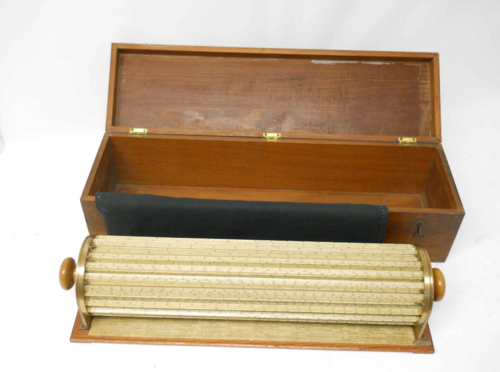
About the Author
Guilianna is a high school summer co-op student at the Computer Museum for 2024. She has a passion for history and in her free time she enjoys exploring different periods and aspects of the past.
